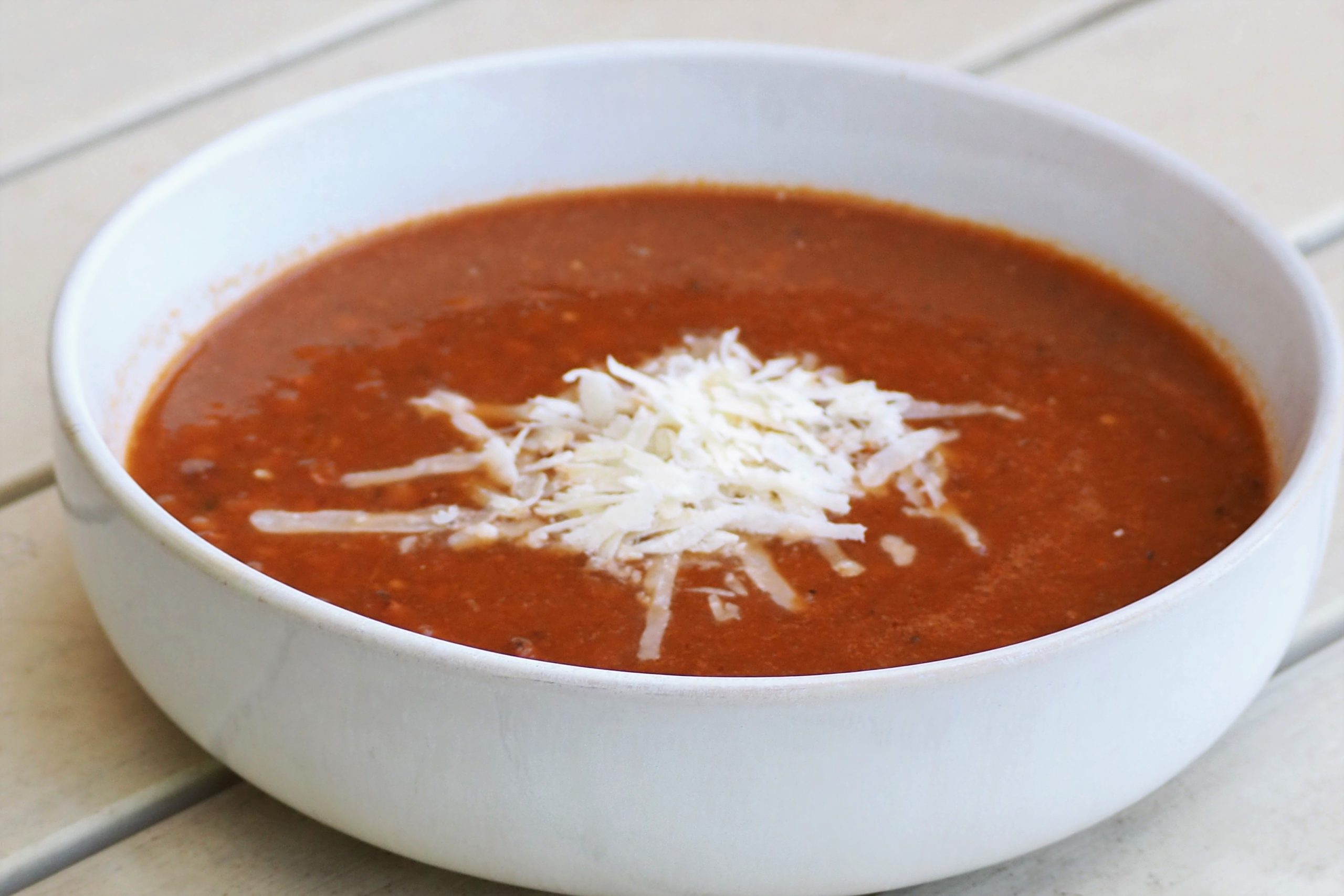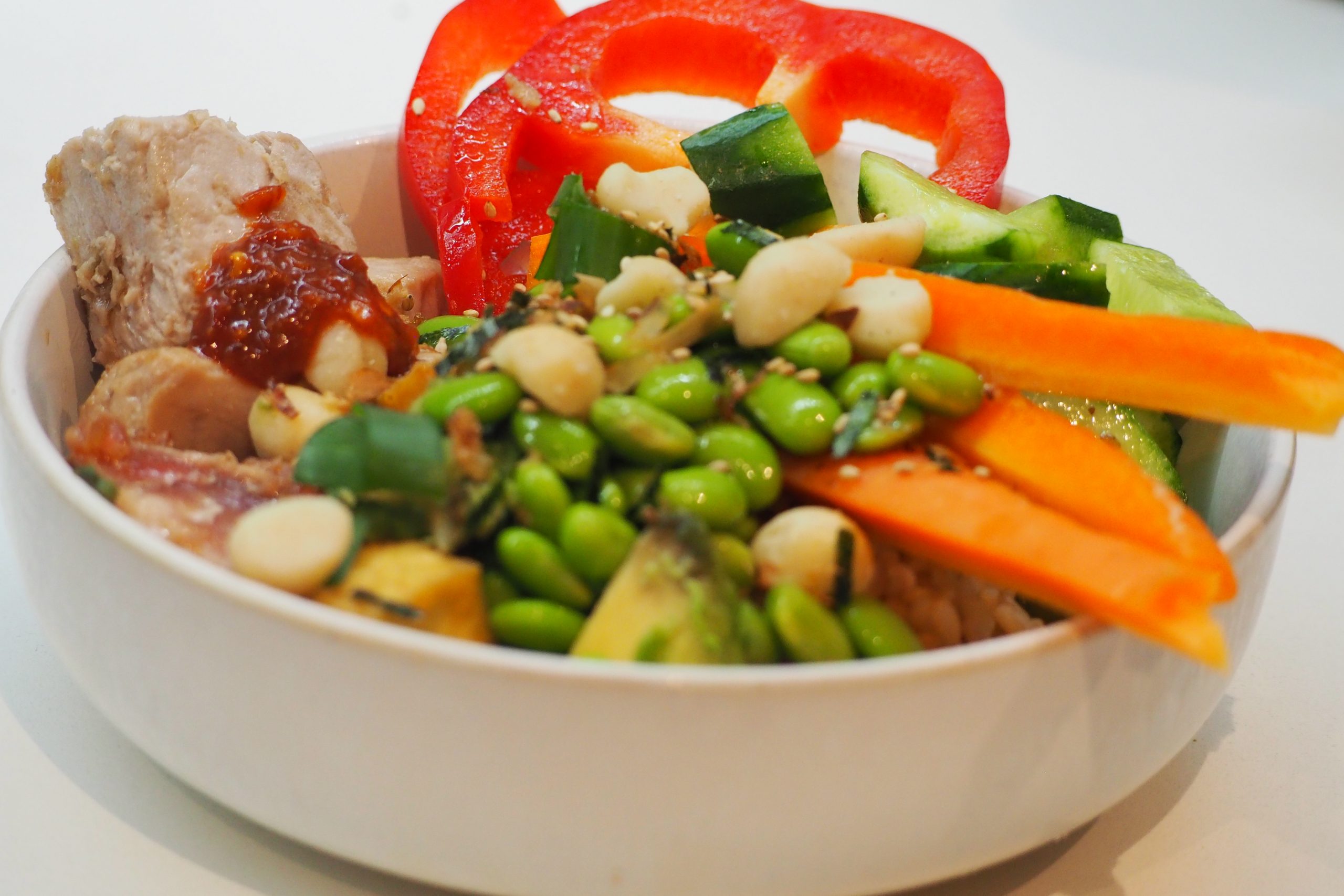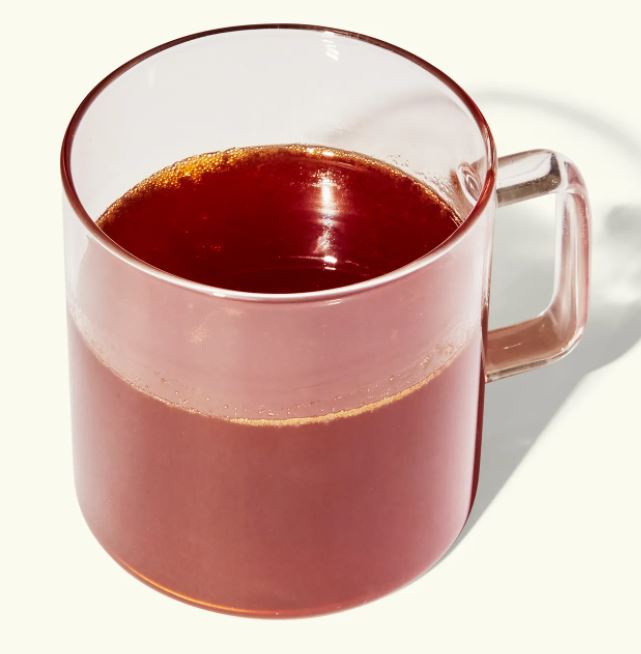Lean red meat is a very high quality type of protein. It contains a more potent source of iron and is often a food the body needs more of during treatment. This is an example of a food that should generally not be avoided when you are in active treatment, although I do encourage choices which are lean, come from a good source, and are from a better quality cut. However, there are now guidelines on reducing or limiting your red meat intakes. Red and especially processed meats are linked to colon cancer. The amount of red meat (also includes lamb, pork and goat) that is recommended is less than 300-500g of cooked red meat a week.
It can also be an idea to go half and half. For example if you are making something like spaghetti bolognaise, cut the mince portion in half and then add a can of lentils or kidney beans. Otherwise include some oily fish meals, eggs and lean poultry (chicken or turkey) in the weekly mix. It can also be a good idea to include one vegetarian meal a week.
It is best to avoid processed meat such as processed ham, bacon, frankfurts, salami and some sausages.
Cancer-causing substances (carcinogens) can be formed when red meat is preserved by smoking, curing or salting or by the addition of preservatives. These substances can damage cells in the body, leading to the development of cancer. You should also look out for the ingredient nitrate which is used to smoke or flavour processed meats.
Lean beef and lamb
Despite some concerns regarding the role of red meat as a possible risk factor in cancer development, it is important to know that in most of the studies on this there is little distinction between the quality and type of red meat consumed. Lean lamb or beef, trimmed of all visible fat, makes an important contribution to a treatment diet. It offers high-quality protein with all the essential amino acids required by the body; it is a key source of iron needed to help boost blood counts as well as zinc, potassium and a range of B vitamins including thiamin, niacin, vitamins B6 and B12.
Like all red meats, lean high quality lamb or beef is most valued for its iron, which occurs as haem iron, the type most easily absorbed by the body. Iron is important for healthy bloods, brain and immune function. It is somewhat ironic that people who have eaten red meat decide to cut this important food as they are about to start their treatment in which treatments like chemotherapy, radiotherapy affect bloods – and if surgery is involved, there is often some blood lost and need for tissue repair and healing.
Also, lamb is particularly environmental as it a grass feeder and accumulates fewer chemicals or toxins as it is killed when young. If you are having trouble with your taste buds, try some mint or fruity marinades. Just remember to reduce your total intakes and include good quality options. Buying your meat from a trusted local butcher is also a great way to support quality meat producers.




